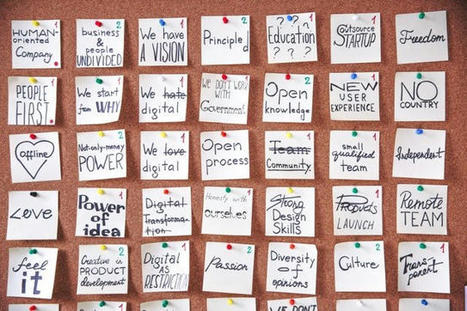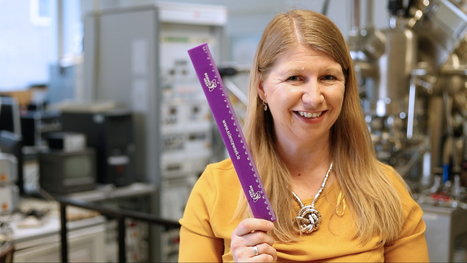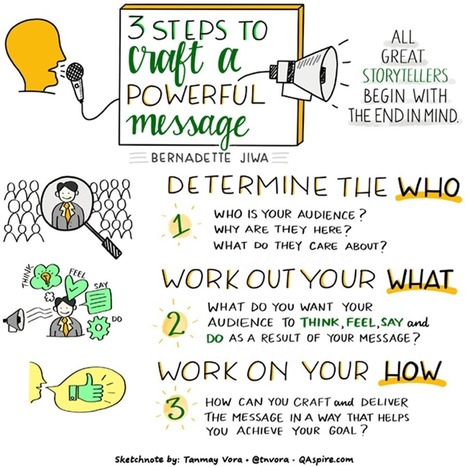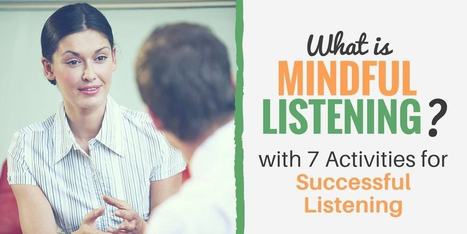Communication is an essential life skill for anyone and everyone. It's one of the earliest survival skills we learn as growing children. (How else would we have asked our parents for another cookie?) As we grow and become fully functioning human beings, communication only increases in complexity and importance--especially when you're leading a company.
No matter what industry you're in or what size company you're leading, you're working constantly with different kinds of people. You've got internal team members and employees, clients, prospective clients, recruits, and other industry professionals, each with their own personalities and communication styles.
You even communicate in a lot of different ways: during meetings; via email, phone calls, and group messaging; through thought leadership content published online and on social media; and at industry events.
Via
The Learning Factor



 Your new post is loading...
Your new post is loading...
























